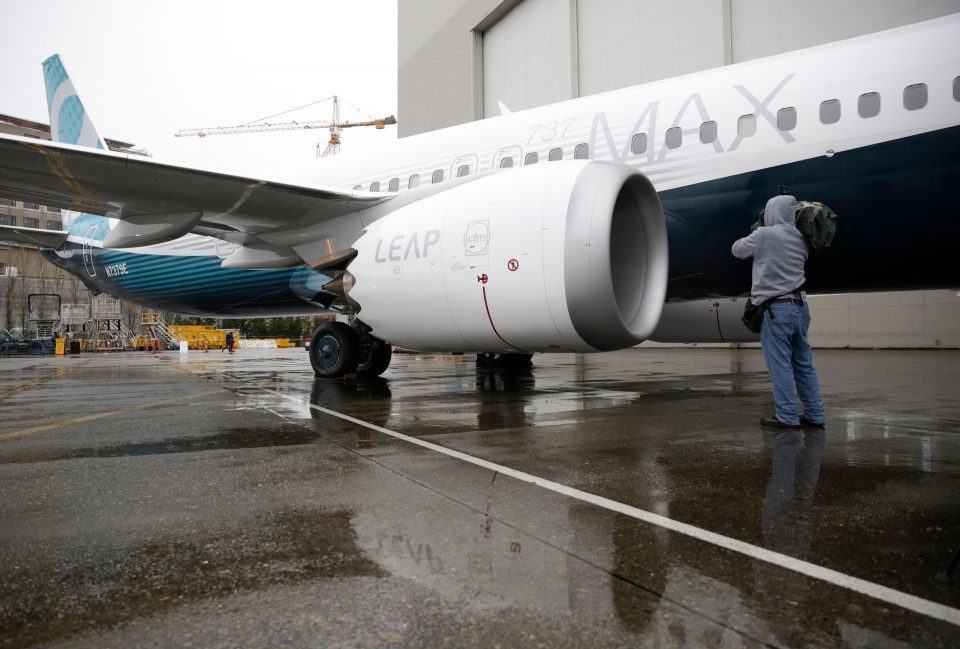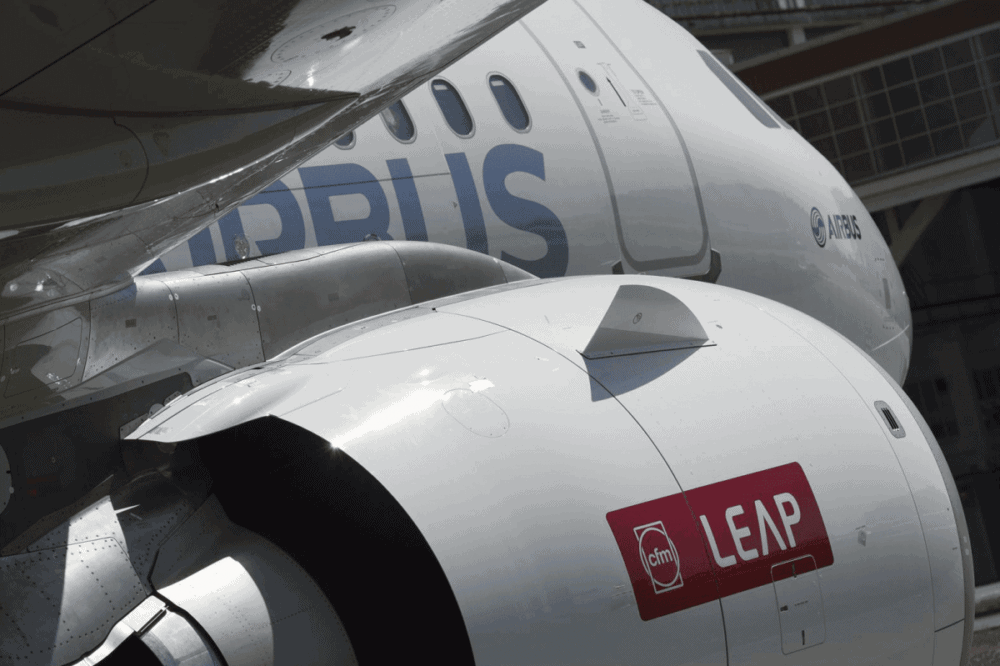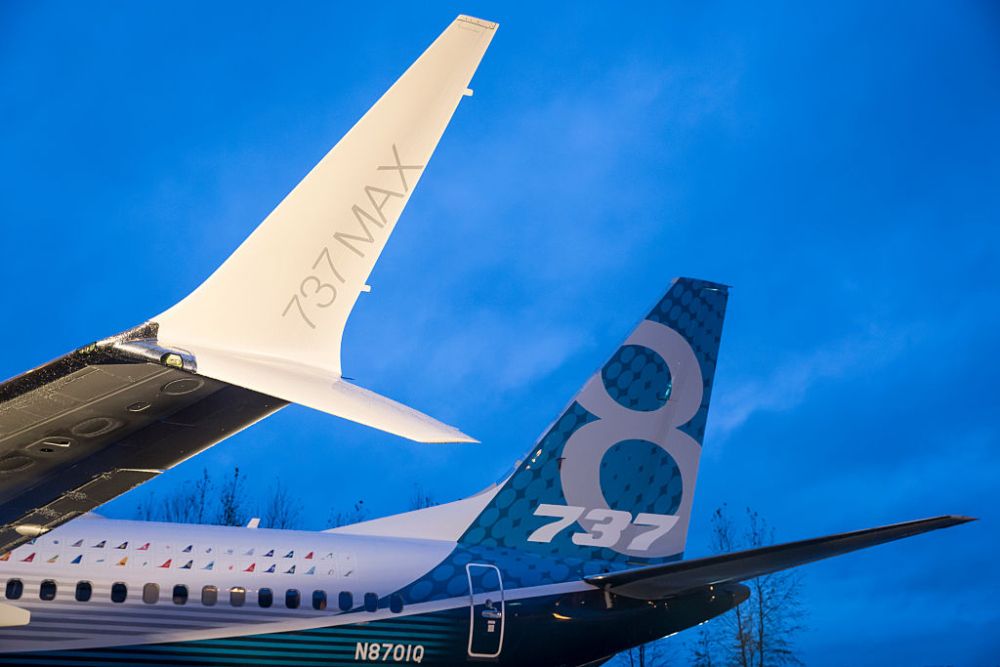As Boeing continues to suffer from supply chain problems, the company will remove engines from its inventory of stored 737 MAX aircraft to use on new production MAXs. Both Boeing and Airbus are experiencing ongoing issues with supply chains, particularly regarding engines. We take a closer look below.
Boeing to remove 737 MAX engines
Boeing has revealed its plans to take engines from previously-built 737 MAX aircraft and install them on newly produced MAXs as it faces major supply chain issues.
The manufacturer is set to remove CFM LEAP-1B engines from stored MAX aircraft as it doesn’t have enough engines for new MAXs rolling off the production line in Renton, Washington.
Boeing told Simple Flying,
“As the industry continues to face supply chain challenges, we are driving stability with our suppliers to meet our customer commitments and growing demand. Our inventory provides additional flexibility, and in some instances, we are reallocating our existing inventory of new engines to maintain stable production of the 737 MAX and support near-term delivery commitments with the intent to backfill reallocated engines for future deliveries.”
According to FlightGlobal, a shortage of structural castings is the main problem, although a range of other issues are at play, such as a lack of skilled labor.
Both Boeing and Airbus are having supply chain issues, particularly with engines. Photo: CFM International
As a result, engine maker CFM is behind schedule on engine deliveries, having delivered 465 Leap engines over the first six months of this year.
Boeing has produced around 30 counterweight sets that it will place on its MAXs after removing their engines. Without these counterweights, its engineless ‘glider’ MAXs are at risk of tail-sitting due to the unequal weight distribution.
Additionally, the company may take seats installed in built MAXs to place on new aircraft.
290 MAXs in storage
The MAX groundings in 2019 led to hundreds of MAXs going undelivered to customers, although the manufacturer continued to produce MAXs in anticipation of its ungrounding. After the MAXs recertification, Boeing resumed deliveries in December 2020 but still has a significant inventory.
In total, the aerospace manufacturer has 290 Boeing 737 MAX jets in storage, around half of which were destined for Chinese customers.
At one point, Boeing was estimated to have around 450 undelivered MAXs. Photo: Getty Images
However, with China’s aviation authority yet to recertify the MAX and some Chinese carriers trimming their orders, Boeing has been left in a difficult spot.
CEO David Calhoun has confirmed that the company will not manufacture glider MAXs without engines, although it did so previously in 2018 when CFM couldn’t keep up with production rates.
Calhoun added,
“While none of us like how we got here, if you are faced with a bunch of supply constraints as a market over the next couple of years, having over 400 airplanes [737 MAXs and 787s] that are finished at your fingertips…is a pretty good buffer in and of itself and allows us to exercise a little extra discipline on the stability front as we begin to march up that curve.”
Producing 31 jets per month
Both Boeing and Airbus are striving to ramp up aircraft production as the aviation industry returns to normality following the COVID pandemic.
Since July, Boeing has upped its 737 MAX production rate to 31 aircraft per month as it aims to return to its pre-pandemic rate of 52 jets per month.
Do you think Boeing has made the right decision here? Let us know your insights in the comments.
Source: FlightGlobal.com




